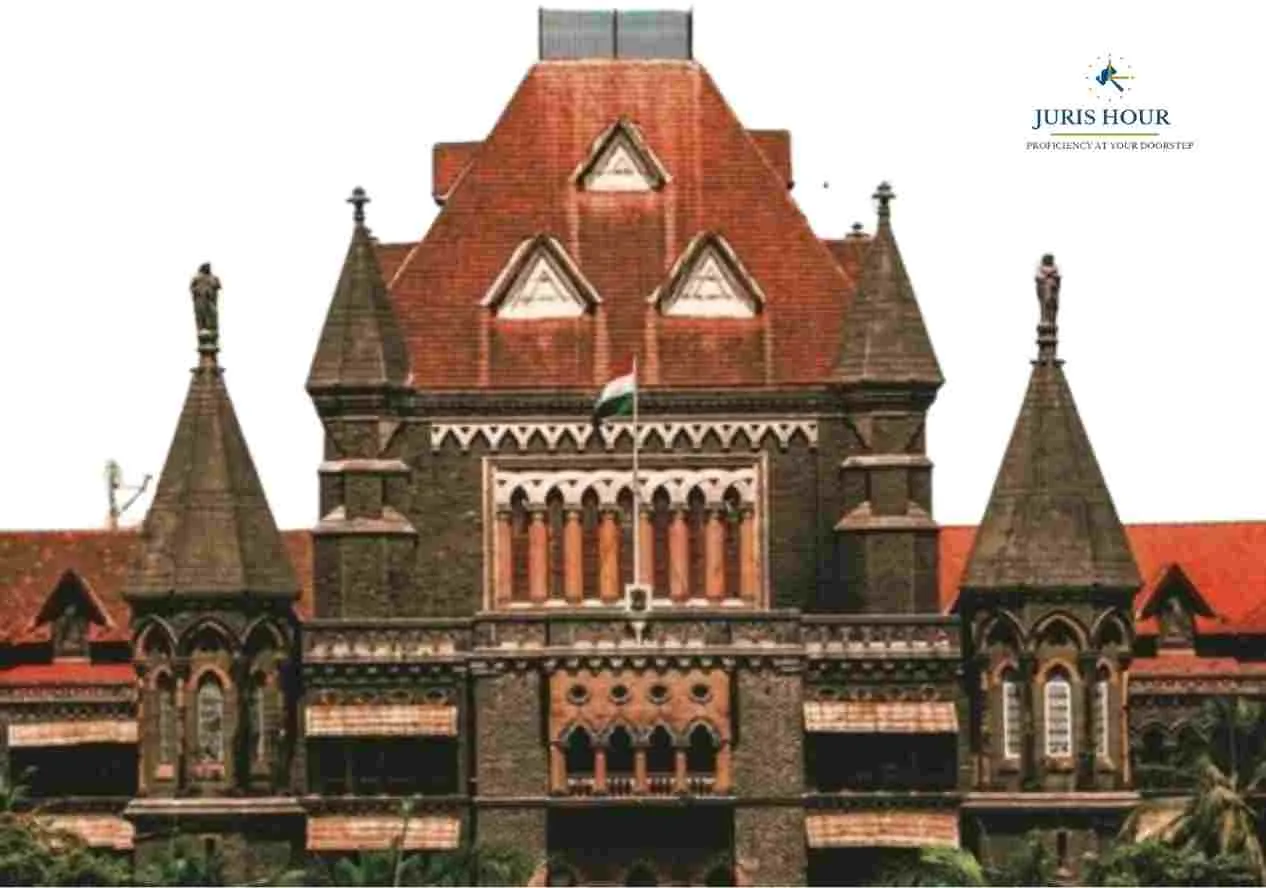The Bombay High Court has held that the Prevention of Money Laundering Act, 2002 (PMLA) continues to apply even after the repeal of the Indian Penal Code (IPC), with references in the PMLA’s Schedule now to be read as corresponding provisions under the Bharatiya Nyaya Sanhita, 2023 (BNS).
The bench of Justice Amit Borkar rejected a bail plea filed by Nagani Akram Mohammad Shafi, accused in a Rs. 100 crore money laundering case.
A bail application filed by Nagani, who has been in custody since November 2024. He is accused of facilitating massive illicit deposits through newly opened accounts in the Nashik Merchant Cooperative Bank, which allegedly involved laundering proceeds of crime.
The central legal question was whether offences listed under the now-repealed IPC as “scheduled offences” under the PMLA can automatically be interpreted as their BNS equivalents, or whether fresh legislation is needed to amend the PMLA’s Schedule.
ED the application and supported the actions taken under PMLA. The coming into force of the BNS, 2023 does not render the PMLA otiose with respect to offences committed post-July 2024. Section 8(1) of the General Clauses Act, 1897, which deals with the construction of references to repealed enactments. Invoking the principle embodied in that provision, the learned PP contended that whenever an Act is repealed and re-enacted, then unless a different intention appears, any reference in any other enactment to the provisions of the repealed Act shall be construed as a reference to the provisions of the new Act. In the present context, with the IPC being repealed and substantially re-enacted as the BNS, any reference in the PMLA or its Schedule to an IPC provision should be read as referring to the corresponding provision of the BNS, so long as the new provision is the re-enacted version of the old.
ED stated that there is no “different intention” in the PMLA that would exclude the operation of Section 8 of the General Clauses Act in this situation. On the contrary, he argued, the very functioning of the PMLA depends on continuity of its predicate offences. The BNS, 2023 is essentially a revision and reorganization of the IPC as it carries forward the same core offences such as cheating, criminal conspiracy, etc.
Court Rejects Static Interpretation of Law
The applicant’s counsel argued that since the IPC has been repealed and the PMLA Schedule still lists IPC offences, the Directorate of Enforcement (ED) cannot rely on BNS provisions unless Parliament explicitly amends the Schedule. This, the defense claimed, rendered the money laundering charges unsustainable.
The Court, however, rejected this contention, affirming that the PMLA refers to IPC offences by citation and not incorporation, and is thus subject to “legislation by reference” — a legal principle where references to repealed laws are read as references to the newly enacted ones, provided their substance remains unchanged.
Relying on Section 8(1) of the General Clauses Act, 1897, Justice Borkar ruled that since there is no contrary intention expressed in the PMLA, the references to IPC offences such as cheating (Section 420 IPC) must now be read as references to their BNS counterparts — in this case, Section 318(4) BNS.
“To Accept the Petitioner’s Argument Would Paralyze PMLA Enforcement”
The Court emphasized that the purpose of the PMLA is to prevent and punish money laundering linked to serious criminal activity, and this purpose would be defeated if references to the IPC were frozen in time. “Such an interpretation would create an absurd legal vacuum,” the Court said, adding that criminals could escape scrutiny during the legislative transition if the PMLA were rendered toothless.
On the Executive Notification
While acknowledging a July 2024 notification from the Centre directing that all statutory references to IPC and CrPC be read as BNS and BNSS respectively, the Court held that such notifications cannot alter laws or substitute statutory provisions. It clarified that Section 8(1) of the General Clauses Act itself suffices to maintain continuity and does not require executive intervention to take effect.
The PMLA Schedule’s references to IPC offences are dynamic and automatically apply to BNS provisions.
No fresh amendment is needed to continue prosecution under the PMLA post-IPC repeal.
The Court reaffirmed Parliament’s legislative intent and avoided creating gaps in enforcement.
With this ruling, the Bombay High Court has clarified a critical grey area in India’s transitioning criminal jurisprudence, providing much-needed continuity to anti-money laundering enforcement under the revamped legal regime.
Case Details
Case Title: Nagani Akram Mohammad Shafi Versus UOI
Case No.: Bail Application No.728 Of 2025
Date: July 8, 2025
Counsel For Petitioner: Ajay Bhise
Counsel For Respondent: H. S. Venegavkar

